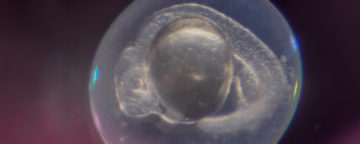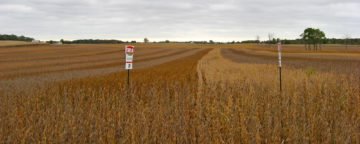In an effort to increase public understanding of the scientific process, the Annenberg Science Media Monitor has published reports seeking to improve science reporting in the news media.


In an effort to increase public understanding of the scientific process, the Annenberg Science Media Monitor has published reports seeking to improve science reporting in the news media.

In its fourth report, the Annenberg Science Media Monitor focuses on media reports about crisis and self-correction in science and efforts to address them.

To sustain trust in science, scientists must more clearly show the public -- and each other -- that they honor scientific norms, Kathleen Hall Jamieson and other scholars assert in an article in PNAS.

Many people say they don't live near a nuclear, fracking, or refinery site when they do. A new study looks at how the public forms perceptions of proximity to risk sites such as nuclear, fracking and refinery sites.

As a guest on Wharton's SiriusXM radio channel, APPC postdoctoral fellow Matt Motta (center) discussed findings on climate change beliefs that were published in Climatic Change.

The NSF awarded $3 million to station KQED to study the engagement of millennials with science news. The project is connected with several APPC-affiliated scholars.

When a critic turns believer, can the story of that conversion sway others? A new Annenberg Public Policy Center study examines the effect on public attitudes of a "conversion message" about the use of genetically modified foods.